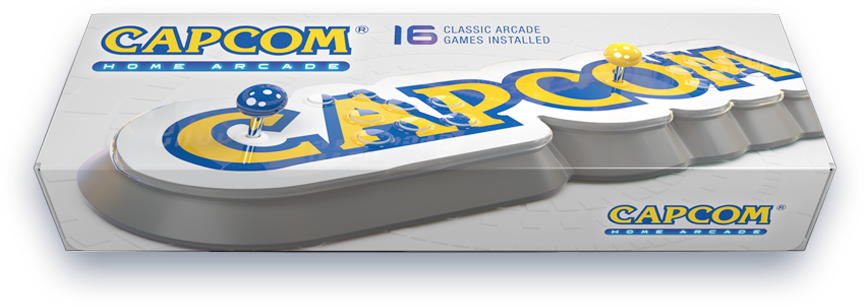
Old-school arcade fans were thrilled at the announcement of the Capcom Home Arcade, a plug-and-play fight stick with 16 classic arcade games built it. And while the idea of playing Street Fighter II and Alien vs. Predator in all of their originally intended arcade glory is certainly appealing, the use of an open-source emulator has marred the excitement.
As Kotaku reported, the Home Arcade uses the original arcade ROMS and utilizes FB Alpha, “an arcade emulator known for its snappy response times.” There’s just one problem — FB Alpha’s license distinctly prohibits it from being used for profit. While users “may freely use, modify, and distribute both the FB Alpha source code and binary,” that agreement comes with caveats, among them “You may not sell, lease, rent, or otherwise seek to gain monetary profit from FB Alpha.”
To understand what this means from a legal perspective, we contacted Ethan Jacobs, an IP lawyer and and commercial litigator at San Francisco-based Holland Law LLP. Jacobs recognizes that this is a complicated situation, but “pulling out all code,” as one contributorrthreatened, probably isn’t an option.
“Generally with open source projects, you can’t pull your code,” Jacobs said in a phone call with GameDaily. Jacobs explained that the code is already part of the open source project, and people are already using it as permitted by the license; whether or not those people are violating the license — and if there are any actionable consequences for that — are entirely separate issues.
Despite bearing Capcom’s logo, the Home Arcade is actually published by Koch Media, a subsidiary of THQ Nordic that operates game publisher Deep Silver. If there are consequences for violating the FB Alpha agreement, who will deal with them?
Jacobs notes that there is also the “real sticky question” of who has the right to grant licenses for an open source project. “If FB Alpha has multiple authors and an open-source license, does everyone who uses the software have to comply to terms of license? Or can individual contributors grant exceptions to some users?” It’s not a well-developed issue, but as he puts it, “I wouldn’t want to be in the position of releasing a product that violates the open-source [license].”
Capcom Home Arcade is due to launch October 25. We’ll be keeping an eye on it and will report back if this thorny situation affects the plug-and-play’s release.
 GameDaily.biz © 2026 | All Rights Reserved.
GameDaily.biz © 2026 | All Rights Reserved.